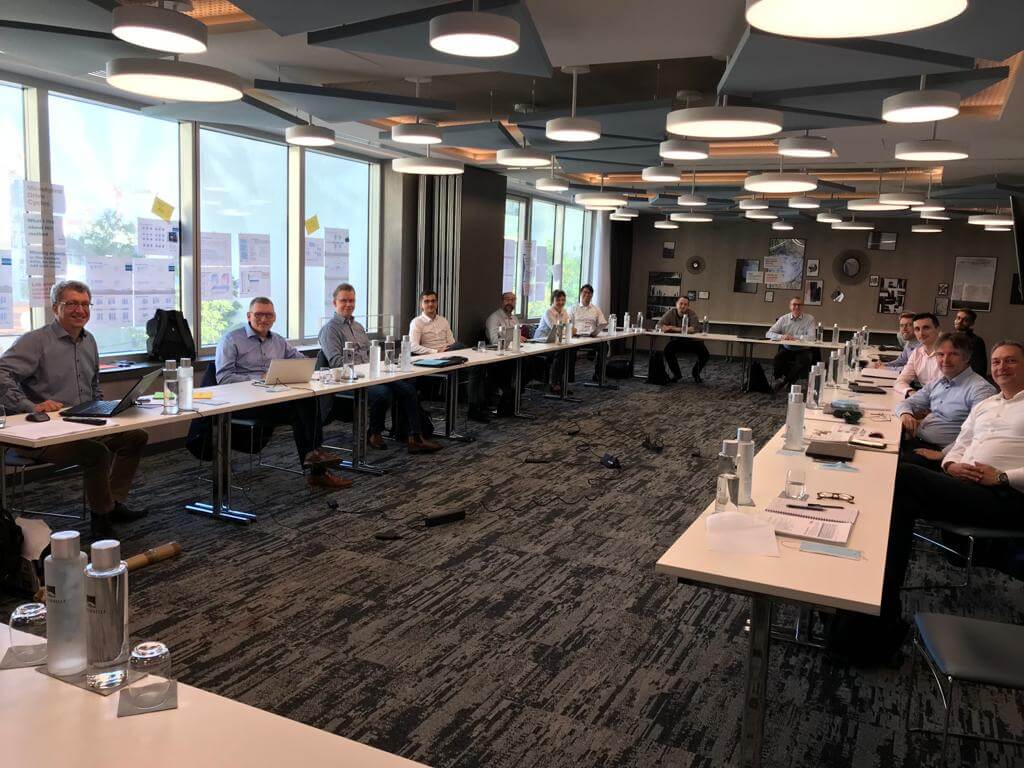
20 October 2021 - By Dr Matt Raiford
During a two-day workshop sponsored by CBI, a group of experts from car manufacturers, sensor and software suppliers and battery companies met to discuss future safety-relevant applications of automotive batteries. Whenever safe operation of a vehicle relies on 12V power supply, for example in steering, braking, driver-assistance or autonomous-driving functions, battery diagnostics is essential for Functional Safety (FuSa). The workshop focused on physical verification methods for Safety State-of-Function (SSOF) battery diagnostics.
Following a series of virtual meetings in the last several months, the in-person meeting held in Paris on 5-7 October began by identifying several key focus areas:
Over the past six months, members of the SSOF group have shared their perspective on the industry allowing for a common perspective on the current state-of-the-art for 12V auxiliary batteries not only in conventional vehicles, but also in battery-electric vehicles.
The use of lead batteries in electric vehicles is a key application with significant future opportunities, as identified by the recently launched CBI Technical Roadmap.
A major step in this collaborative effort, the meeting in Paris represented a milestone in recovery from the restrictions imposed by Covid-19. For all of the participants, it was the first time they had met in person outside their own organizations since lockdowns were imposed, and the first time many had met each other in person.

The meeting was chaired by Dr Eckhard Karden of Ford and attended by 18 experts from car manufacturers, sensor and software suppliers to the car manufacturers, and battery companies, with others joining virtually. So far, subject matter experts from 4 car manufacturers, 4 electronics suppliers, and 6 battery companies have been actively contributing to the group.
The purpose of this working group is to facilitate pre-competitive collaboration to harmonize the diagnostics for 12 V lead battery systems. This work is relevant for both for 12V main batteries which provide safety critical functions for vehicles and for auxiliary batteries (also known as low-voltage EV batteries) which provide secure power supplies for all types of vehicles including hybrid and pure electric vehicles.
The in-person meeting helped accelerate the continued harmonization effort, allowing for productive planning for key topics. The discussions covered the methods of diagnosis and the relevant fault conditions that need to be considered in order to ensure the battery is always able to meet the required duty cycle in a critical incident.
Furthermore, it was considered that an industry-wide database should be created with measured raw data from batteries in different conditions and with different ages for use in SSOF verification.
The workshop was successful in bringing together an important group to ensure batteries and the associated diagnostics are correctly specified for these automotive applications.
Interested in finding out more about CBI’s work in the automotive sector?


09/12/2025